GEORGE TOWN, Oct 17 — Penang police will deploy the services of the Patrol Car Unit (MPV) and Motorcycle Patrol Unit (URB) to enter, especially at night, the compound of boarding schools in a bid to curb bullying activities.
Penang police chief Datuk Azizee Ismail said the periodic patrols will ensure the presence of police in schools, especially those with hostels, to create a safe environment and prevent crimes.
“As a preventive measure, we will station our School Liaison Officers more frequently in the schools involved.
“In addition, we will deploy the URB and MPV to enter the compounds of boarding schools at night to enhance our presence there,” he told reporters here today.
He said this after the Penang Police contingent’s monthly assembly and the launch of the Royal Malaysia Police (PDRM) 2nd Bridge Solidarity Fun Ride 2026.
He said this when commenting on several incidents of crime and bullying in schools nationwide, as well as efforts taken by the police to prevent such cases.






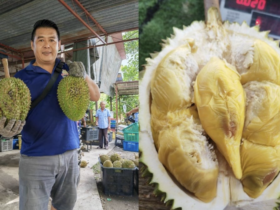


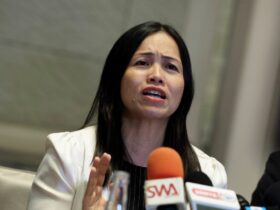
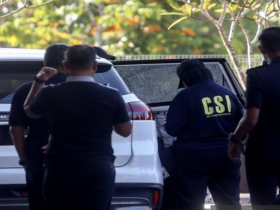
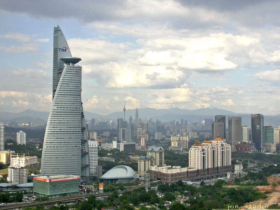

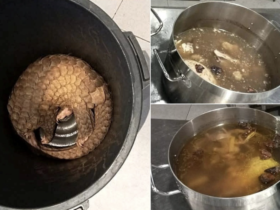
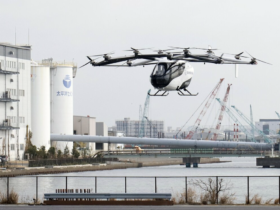




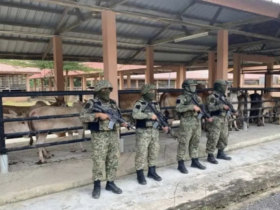
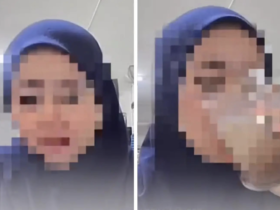
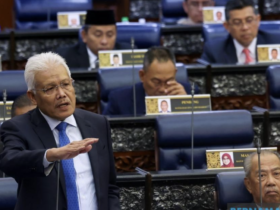
Leave a Reply